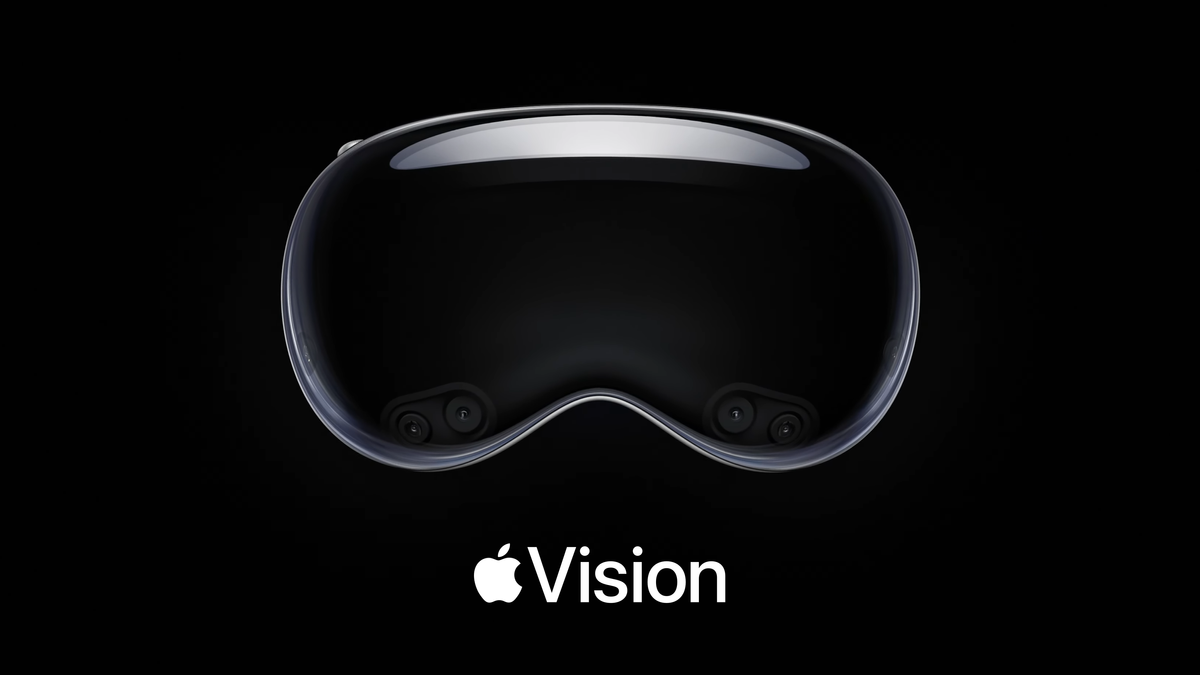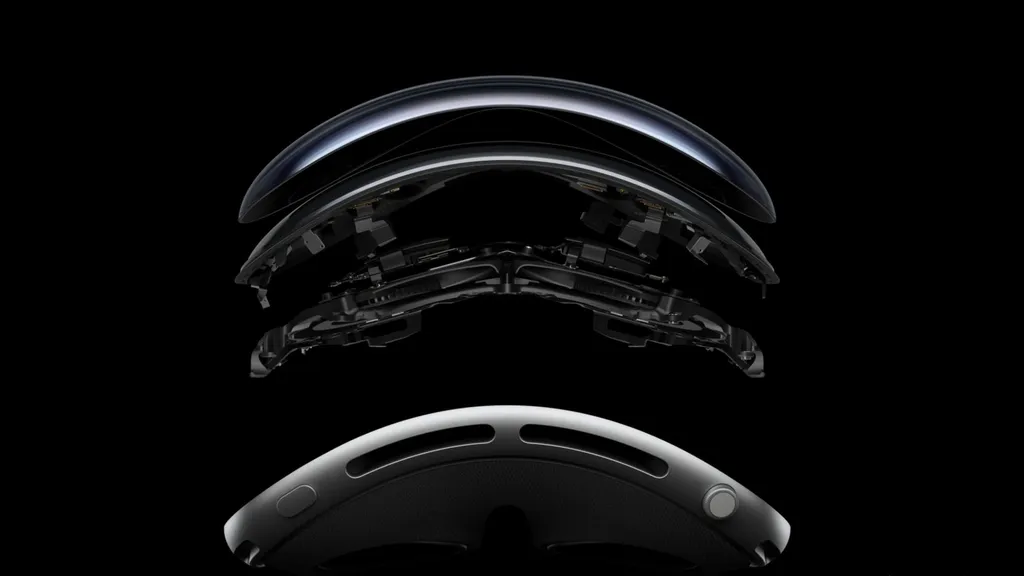A prominent supply chain analyst claims mass production of the successor to Apple Vision Pro will begin in late 2025 or early 2026.
Ming-Chi Kuo, who has been reporting on Apple's supply chain for more than 10 years, released a report today with a number of claims about Vision Pro's success and Apple's future plans for it and future models.
Back in January Kuo claimed Apple would only have 60,000–80,000 units available for launch day, and that Apple had 160,000–180,000 US preorders.
Kuo says he expects Apple to ship a total of 200,000–250,000 units this year in the US, and predicts Apple will launch Vision Pro, currently only available in the US, in more countries before June.
For comparison, in October Kuo claimed Meta would produce 2.5 million Quest 3 headsets by the end of 2023.
Kuo also reports that despite some media sensationalism about widespread returns, refurbishment line sources suggest Vision Pro's return rate is less than 1%, matching Apple's other products.

While previous reports from Kuo and Bloomberg's Mark Gurman have mentioned Apple working on a cheaper non-Pro Vision headset, Kuo now says Apple hasn't yet advanced this project to the stage of talking with suppliers or assemblers, suggesting that headset is still very early in development.
On the other hand, Kuo reports Apple is already planning production of a Vision Pro successor with Foxconn, the Taiwanese company that manufactures iPhones, iPads, and MacBooks, to begin in late 2025 or early 2026.
Kuo claims this Vision Pro successor will focus on "improving the efficiency of production and supply chain" to reduce costs and increase production capacity, rather than adding new features or making significant spec changes. Mark Gurman has previously said Apple's top priority for the Vision Pro successor is making it smaller and lighter. The heavy weight and resulting poor comfort is arguably the biggest downside of the current Vision Pro, as we discussed in our review.
Given the production timeline, this Vision Pro successor could launch in the first half of 2026, around two years after the current Apple Vision Pro.




























